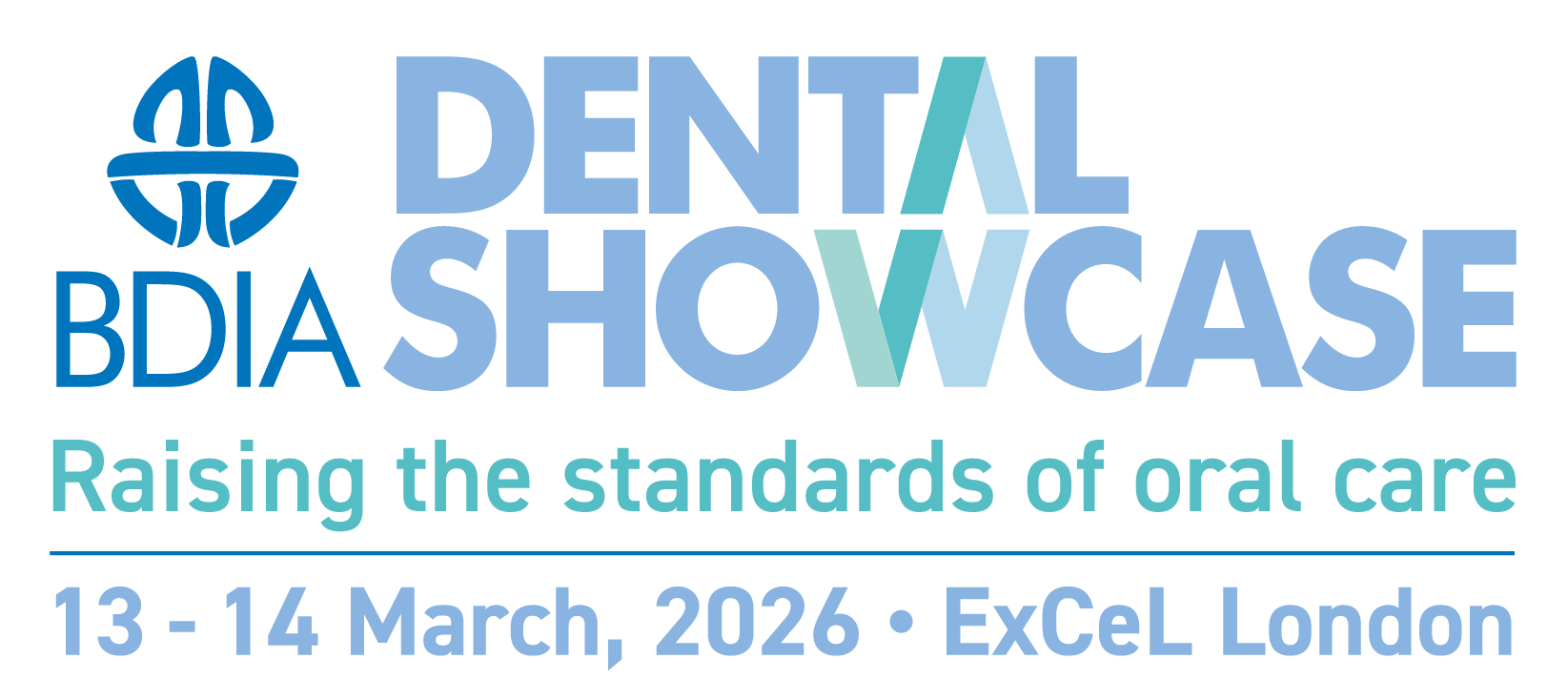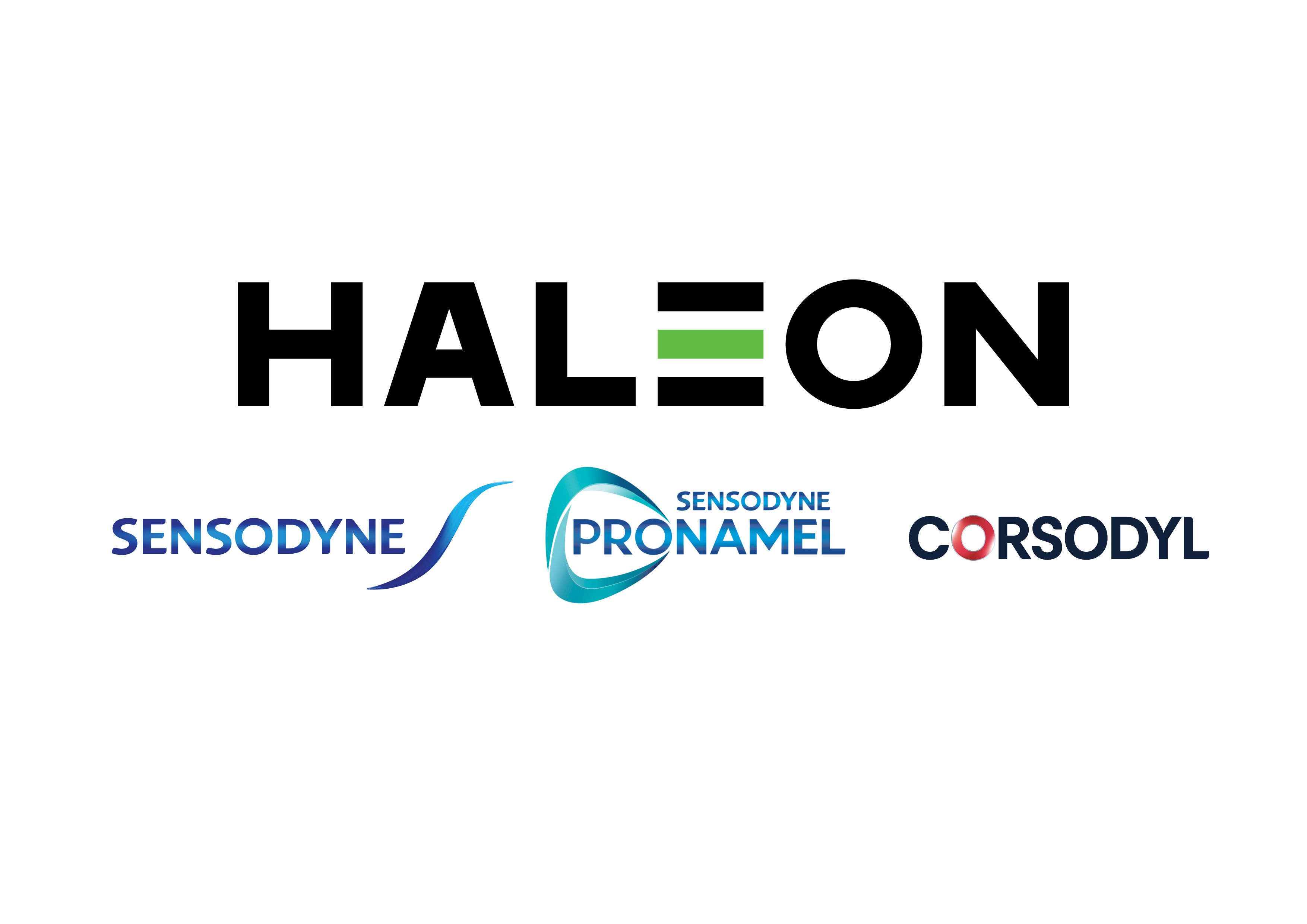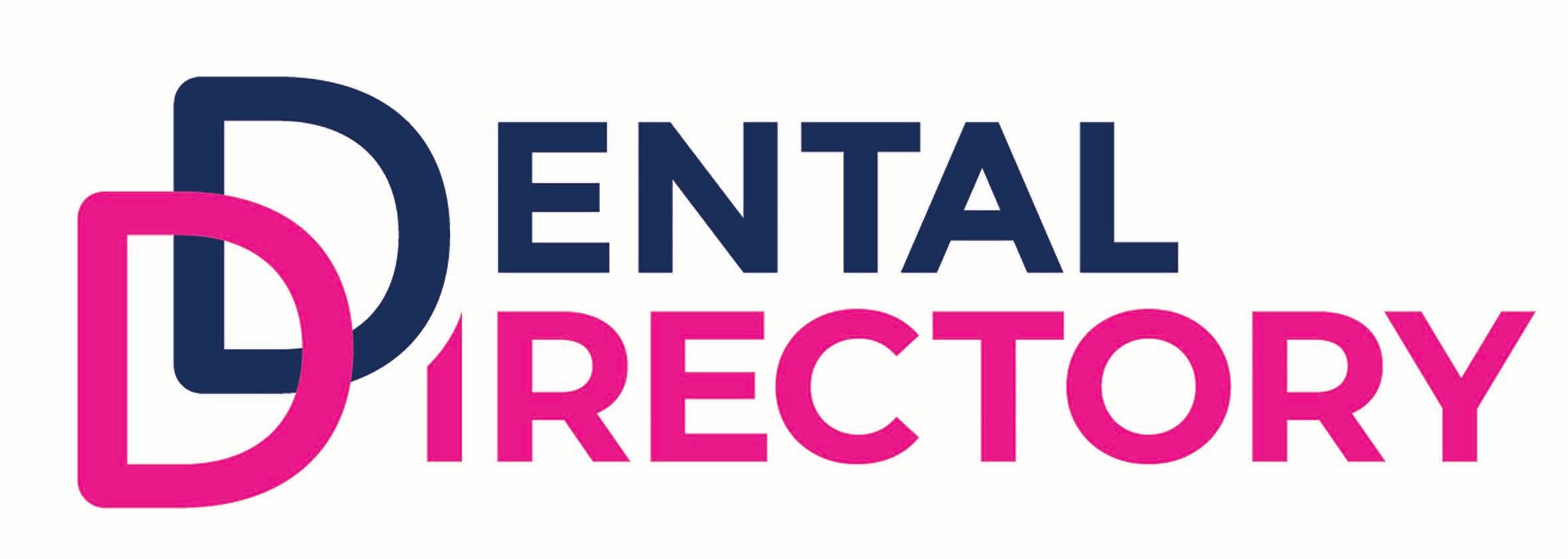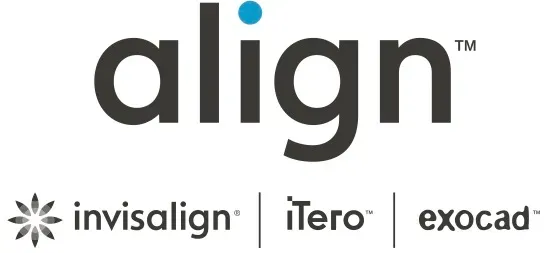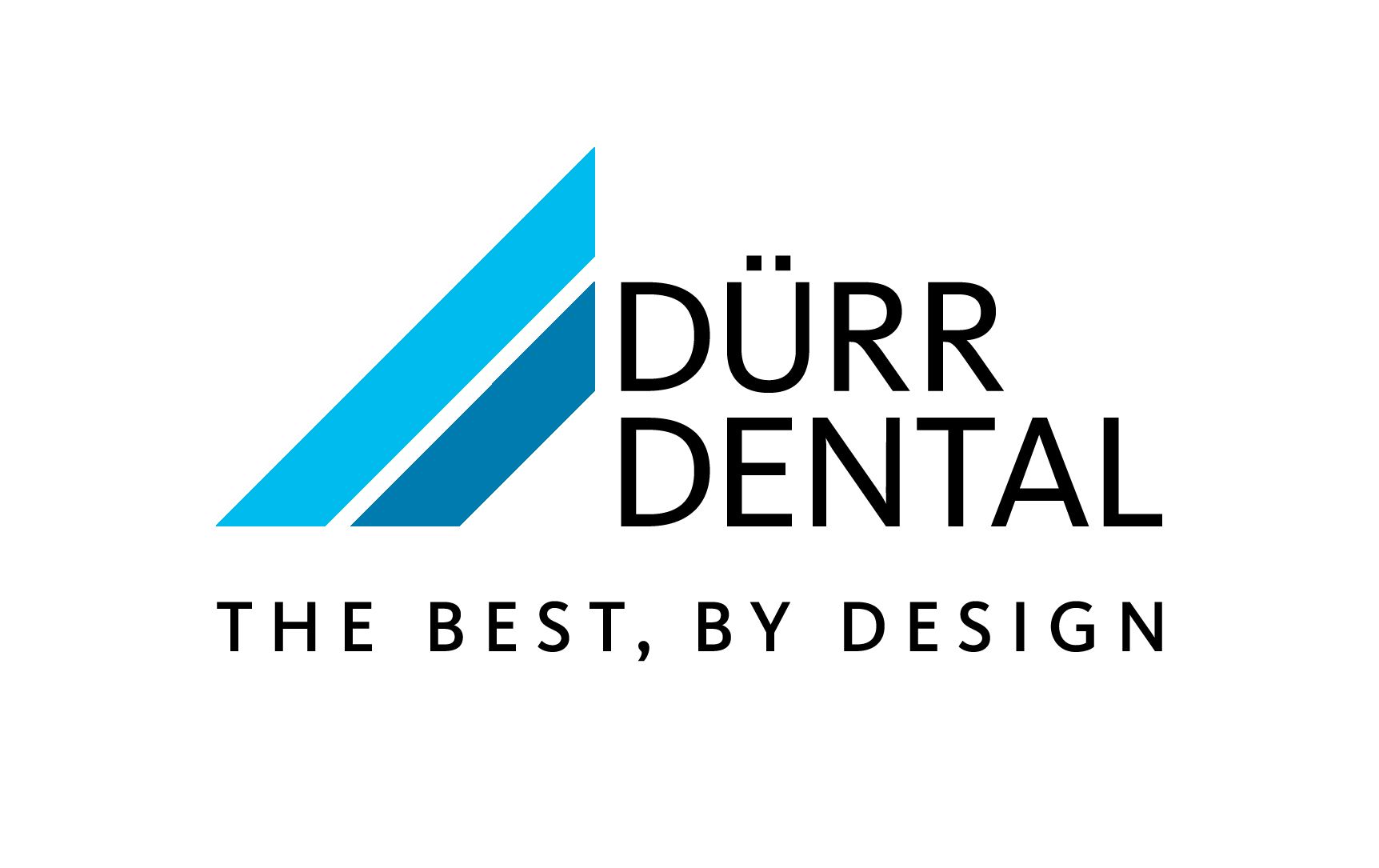The Challenges of Tribulations of Managing Peri-implant Disease
)
Professor Iain Chapple will be among the not-to-be-missed speakers at the upcoming BDIA Dental Showcase on 14th and 15th March, at ExCeL London.
Iain is the former Director of Research for the Institute of Clinical Sciences, and former Head of the Dental School (2016-2020) at Birmingham University. He has fulfilled various prestigious roles with a number of globally-recognised professional associations and societies, as well as receiving The Royal College of Surgeons Tomes medal (2011); IADR Distinguished Scientist (2018); EFP’s Eminence Award (2022) and was awarded an MBE in the 2022 Queen’s New Year Honours. Iain has also published hundreds of papers and many textbooks, leading a regional periodontal service and national service for adults with Epidermolysis Bullosa.
Iain will be presenting in the Clinical Theatre on Friday 14th March, giving a session on “Managing the ticking titanium time bomb using the European S3-Level Clinical Practice Guideline on Prevention and Treatment of peri-implant diseases”. Introducing the topic by considering the key factors driving development of peri-implant diseases, Iain says:
“Key drivers of the peri-implant diseases are biological, behavioural or iatrogenic. Biological drivers are those genetic predisposing factors that mean some individuals produce too much inflammation in response to dental plaque accumulation compared with others. The best gauge of whether that may happen is the patient’s previous history of periodontitis. If they have a positive history, then they need to know their risk for peri-implant diseases is higher.
“The behavioural driver is largely their commitment and ability to perform oral hygiene around their implants, as this is harder than around natural teeth due to the design features of implants. The iatrogenic factors are how and where we position the implant and design the superstructure to facilitate access for plaque control by patients and by us for PMPR. This is a huge issue and frequently very poorly done, to the extent that we, as oral healthcare professionals, cannot probe due to access issues. In such cases, how can we expect patients to be able to undertake thorough daily plaque control?”
Maintaining focus on some of the challenges faced regarding peri-implantitis, Iain discusses what makes management and treatment of the disease difficult once it has established:
“The challenges of managing these diseases are multiple. Firstly, we need to prevent them from happening in the first place, and there are different forms of prevention, including ‘primordial’, ‘primary’, ‘secondary’ and ‘tertiary’ prevention, which I will cover with illustrated cases in the lecture. Primordial prevention is about correcting risk factors like smoking, poor diabetes control and gingivitis or periodontitis, while also ensuring there is sufficient bone for implant placement, adequate space between implants/teeth and that the super-structure is well designed to facilitate plaque control. Primary prevention involves strategies to stop the development of peri-implant mucositis or peri-implantitis, and secondary prevention involves preventing disease recurrence after non-surgical or surgical therapy. Finally, tertiary prevention is aimed at preventing complications of peri-implant diseases.
“Treatment of peri-implant diseases is very challenging, because the related bone loss progresses more relentlessly than that around teeth and is circumferential rather than largely interdentally dominant, as with periodontitis. The greatest challenge is plaque control around narrow cylindrical implants where the emergence profile of the restoration, or its design, tends to limit access to patient self-care. The S3-Level guidelines are the international consensus on what works for different stages of planning and management, based upon the evidence, but also on expert consensus. They provide a recipe book for clinicians and provide reassurance medico-legally that they are following international recommendations on management.”
With regards to his session at BDIA Dental Showcase, Iain shares what he hopes delegates will take away and why he feels they will benefit from attending the event:
“I hope attendees will gain a practical, as well as theoretical, guide to why peri-implant diseases develop and how they should be managed. I will use video animations and clinical images to illustrate the content and bring it alive.
“BDIA Dental Showcase provides everything under one roof, so it is a very efficient way of keeping up to date, acquiring GDC registerable CPD, gaining insights into the far-reaching changes that are starting to happen in dentistry in terms of scope of practice, NHS contracts, and also technological and clinical innovations. I look forward to seeing as many people there as possible, to share ideas, thoughts and experiences, professionally and socially.”
Register FREE online today!
BDIA Dental Showcase 2025
14th – 15th March
ExCeL London
Find out more at www.dentalshowcase.com
Register for free at https://forms.reg.buzz/BDIA-Dental-Showcase
